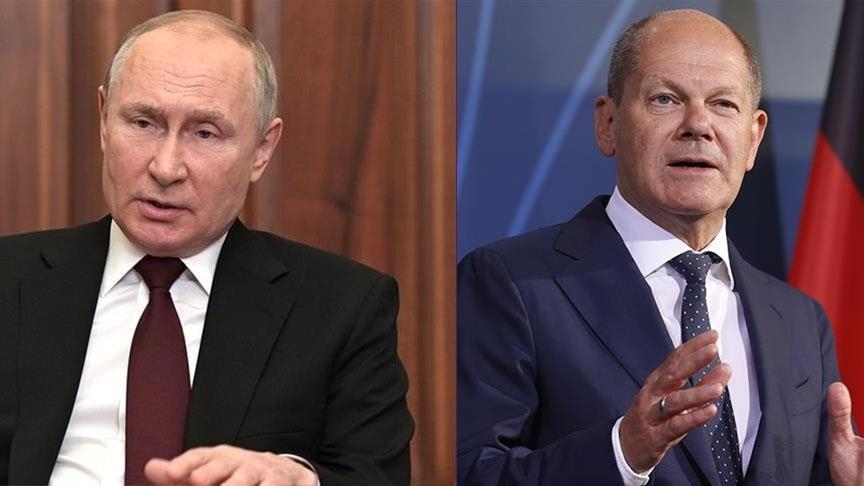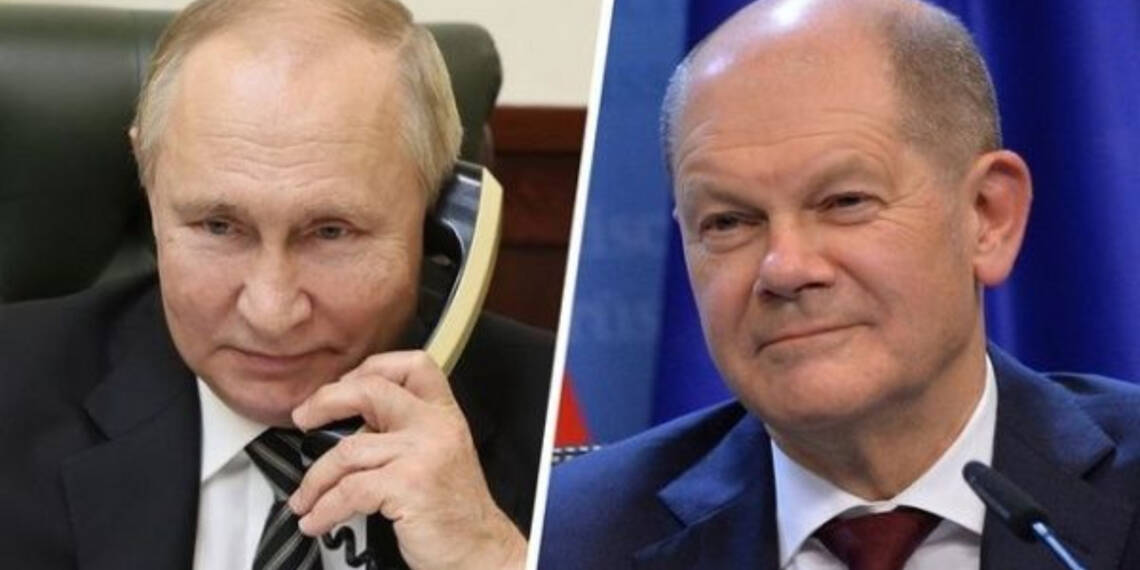Germany Russia Trade: Germany tried to bite off more than it can chew. But, at last, it has learnt its lesson. Instead of following directives from the White House, Chancellor Olaf Scholz has finally discovered that the Federal Chancellery is answerable only to German people and not the ones sitting in Washington.
German Chancellor Olaf Scholz stated on Monday that Russia should be given the opportunity to conduct business with Germany after the war in Ukraine is settled.
At a conference of the Eastern Committee for German Business (OA), a trade organisation specialising in business with Eastern Europe, Scholz the Chancellor of Germany said that a administration of Russia that ceases hostilities “needs a chance to restart economic cooperation.” He said about Russia that even though sanctions have been imposed on it at the moment, the country remains the largest country in Europe. “It is therefore very important that we make preparations for this time.”
And that is, very genuinely, a complete U-turn by Olaf Scholz from his earlier stance. Last week, he also went again the western narrative which alleges Russia of waging a nuclear war. According to German Chancellor Olaf Scholz, the possibility of using nuclear weapons in the Ukraine crisis has decreased “for the time being.”

Scholz said, “Russia has stopped threatening to use nuclear weapons in response to the international community marking a red line.”
The stance of the chancellor changed after Putin and he talked on a phone call at the beginning of December and Putin asked him to change his (German) approach. Clearly, it made Scholz change his stance. One wouldn’t expect Scholz of taking this stance after everything he has done to economically wound Russia. Scholz, just after the Ukraine war, didn’t certify the Nord Stream 2 pipeline in adherence to American President Joe Biden’s sanctions on Moscow.
Things only got worse after the incident. Germany started witnessing soaring inflation, high cost of living, food crisis and other economic woes soon after it changed its course with Russia. Further, the gas situation in Germany is so severe that Scholz’s chancellorship could perish along with it.
Other than that, due to the high prices of oil, gas, and electricity, Europe is on the verge of deindustrialization. Recently, German manufacturer Volkswagen AG announced U.S. expansions. The Wall Street Journal reported last week that Tesla Inc. is delaying its plans to manufacture battery cells in Germany until it investigates its eligibility for tax incentives under the Inflation Reduction Act, which President Biden signed into law in August.
ArcelorMittal SA, a Luxembourg-based company said this month that it will reduce production at two German factories. BASF, the world’s largest chemical manufacturer, said that the reduced gas imports have been an issue for the company.
Also Read: Putin saves Europe from Biden
All these companies currently operating in Germany have announced US expansions. Germany continued to accept orders from the same Washington that was syphoning off its business despite the daily economic losses it was experiencing.
Germany has finally acknowledged that Russia cannot be disregarded, which is better late than never. The statement is in similar lines to what the former German chancellor Angela Merkel said in June that the two countries can’t ignore each other completely.
Olaf Scholz has realised the huge economic interdependence between Belin and Moscow. And the fact that it’s Russia’s cheap energy which has made Germany as prosperous as it is. We all know that Russia’s cheap energy gives an edge to the countries importing it, as it dramatically decreases the cost of production. Without it, Europe won’t be Europe. So, business with Russia is mandatory for Germany to maintain its hegemony in the continent as well as the world.







